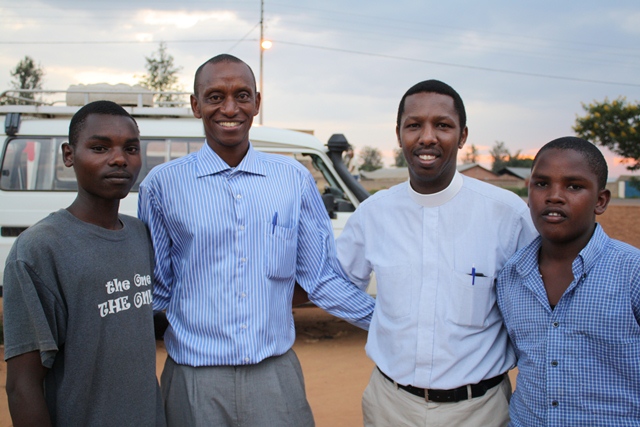I visited Rwanda over three months ago, but I still think about it nearly every day. While there is so much to be excited about all over the African continent, my mind keeps returning to my experience in Rwanda.
The people of Rwanda have endured centuries of colonial mistreatment, economic turmoil, and tragedy on a scale nearly impossible to comprehend. Despite their heartbreaking circumstances, Rwandans are extremely optimistic about their future.
Nearly every person I met in Rwanda asked me, “What do you think of Rwanda? Do you like it?” I could honestly reply,
Through faith, cooperation, and ambition, Rwandans have united to begin building a prosperous, safe, and healthy community. They are so determined to overcome the pain and devastation of the 1994 genocide . . . and it shows. All over the clean and orderly capital city of Kigali, I saw countless construction projects in full swing—paving of new roads and sidewalks, establishing schools and colleges, and installing the infrastructure needed for modern business. Rwanda is building toward health, and I am excited that World Help can be involved.
World Help’s national partner, the Anglican Church of Rwanda, has seized the opportunity to play its role in developing the next generation of leaders. Reverend Maurice explained,
The church has met the challenge of developing leaders head-on through an educational outreach initiative in the rural suburbs of Kigali. In many rural communities, children drop out of school because their families simply cannot afford the cost of school fees, uniforms, and supplies. Through their outreach program, children from low-income families receive assistance to overcome these barriers, and their involvement in mentorship and the church youth group helps them excel socially, academically, and spiritually.
I had the privilege of meeting two young men involved in the outreach program whose stories embody the spirit of the Rwandan people today.
Karemera and Ndegeya are both near the top of their class and are working hard to qualify for university scholarships. Karemara, a sophomore, hopes to study electrical engineering, while Ndegeya, a senior, aims to study business management. Karemara thanked his sponsors: “If you were not there, we could not study. If we finish our university [education], we want to help you again as you help other children.”

While some critics remain skeptical of the Rwandan success story, it’s the people like these young men, ambitious and dedicated to serving others, who give me reason to believe that Rwanda’s brightest days lay ahead.




